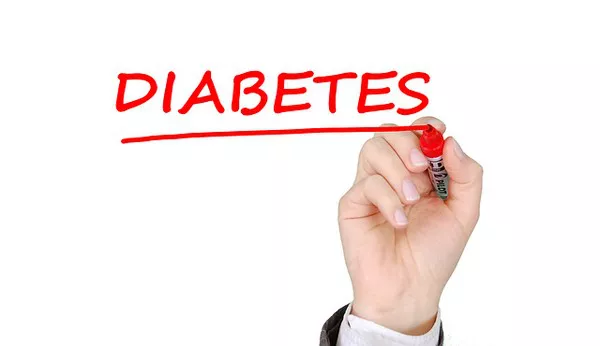A recent study from the University of Texas at Austin raises alarms about the potential dangers of ultra-processed foods for individuals with type 2 diabetes. This research highlights a significant association between the consumption of highly processed items—such as diet sodas, cookies, and cereals—and elevated blood sugar levels in diabetic patients.
The detrimental impact of ultra-processed foods on health has been increasingly documented, linking such diets to a range of serious conditions, including heart disease, obesity, sleep disturbances, anxiety, depression, and increased mortality.
The study specifically examined how these packaged foods contribute to chronic blood sugar issues. Researchers found that diets rich in additives are correlated with higher average blood glucose levels over time, reflected in elevated HbA1C measurements. The findings were published in the Journal of the Academy of Nutrition and Dietetics.
Marissa Burgermaster, one of the co-authors, emphasized the study’s conclusions: “Our analysis revealed that as the weight of ultra-processed foods in a person’s diet increased, their blood sugar control deteriorated. Conversely, a higher intake of minimally processed or unprocessed foods was linked to better glycemic control.”
The research focused on 275 African American adults in Austin who have been diagnosed with type 2 diabetes. Each participant provided two 24-hour dietary recalls along with blood samples to assess their HbA1C levels, a key marker for diabetes management.
These dietary recalls were evaluated using three established nutritional quality indexes. Results indicated that individuals who prioritized whole foods and minimally processed options experienced superior blood glucose regulation.
For context, an HbA1C level below 7% is generally considered optimal for managing type 2 diabetes. Participants whose diets contained ultra-processed foods at 20% or lower were notably more likely to achieve this target.
The implications of diets high in ultra-processed foods are concerning, as they are often laden with sugars and sodium. However, researchers caution that the adverse effects may not be solely attributed to these ingredients. There is growing suspicion that synthetic additives—such as artificial flavors, colors, emulsifiers, and sweeteners—may also play a significant role in deteriorating glycemic control.
In light of these findings, the study advocates for updated dietary guidelines to address the risks associated with ultra-processed foods. The authors stress the need for further investigation to determine whether a causal relationship exists between food processing and HbA1C levels, along with the underlying mechanisms through which ultra-processed foods might influence blood sugar management.
Related topics:
Electronic Nudges Increase Flu Vaccination Rates in Non-Diabetics but Not in Diabetics
Blood Vitamin E Levels Linked to Blood Pressure in Non-Diabetic Adults
Study Finds Connection Between COVID-19 and Type 2 Diabetes in Young People



























